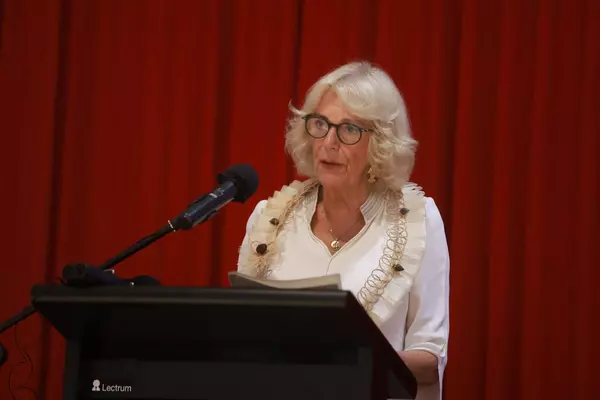Epic Games was blocked briefly from the world’s fourth-most populated country but on Tuesday complied with Indonesia’s requirement that it register with its ministry of information.
The Cary-based creator of Fortnite complied with an Indonesian law that some internet rights groups have called invasive.
For more than a week, the archipelago nation of Indonesia had blocked its 270 million citizens from accessing Epic’s distribution platform, the Epic Games Store, due to the company’s failure to comply with an Indonesian law requiring foreign private electronic system operators to register with the government.
Indonesia, located in Southeast Asia, had given companies until July 29 to register with its Ministry of Communication and Information, known as KOMINFO, after which it began blocking unregistered sites. Tech giants like Google, Apple, and Meta (which owns Facebook, Instagram and WhatsApp) each registered days before the deadline, while others like Yahoo and PayPal registered after the deadline and had their websites unblocked.
Steam, a rival of the Epic Games Store, also registered with KOMINFO after the deadline and had its block lifted several days ago.
On Aug. 8, KOMINFO spokesperson Gok Suan Simanungkalit confirmed to The News & Observer that Epic Games was still blocked in the country due to its failure to register. But on Tuesday, the day after Epic staff returned from a two-week company-wide summer break, the gaming company registered the Epic Games Store with KOMINFO.
Internet rights groups have blasted Indonesia’s registration law, which could force companies to disclose user data and remove any content deemed by the government to “threaten public order.” According to the nonprofit Freedom House, which scores countries on their access to civil liberties and political rights, Indonesia rates as “partly free” on democracy and internet freedom.
Epic Games did not respond to multiple emails from The News & Observer asking why it had not registered sooner and what it thought of Indonesia’s registration requirement.
The gaming titan reportedly worth $31.5 billion has voiced support for political speech in recent years. In 2019, Epic Games CEO Tim Sweeney publicly vowed to protect the political speech of players in Hong Kong who were protesting the Chinese government, posting on his personal Twitter account that “Epic supports the rights of Fortnite players and creators to speak about politics and human rights.”
And the company has demonstrated a stomach for conflict, having sued both Apple and Google in 2020 for alleged anti-trust violations.
Frustrated Fortnite fans
Since Sweeney started the company in 1991, Epic has notched a number of successes, none bigger than 2017’s Fortnite. At any given moment, an estimated three million people around the globe are playing it. Fortnite is free but players make in-game purchases to upgrade things like their outfits, weapons and even their dance moves. Following the game’s wild popularity, Epic launched its own distribution platform, the Epic Games Store.
The Epic Games Store offers more than Fortnite. Through the platform, players can access both games Epic developed and others for which it holds the distribution rights.
In Indonesia, many gamers had expressed their frustration with the block on Twitter, pointing fingers at both Epic and their government. On Tuesday, some celebrated the removal of the ban.
But it perhaps was never a total block: Many in Indonesia had shared online that they had been getting around their government’s restriction by accessing the Epic Games Store through a virtual private network, or VPN.







